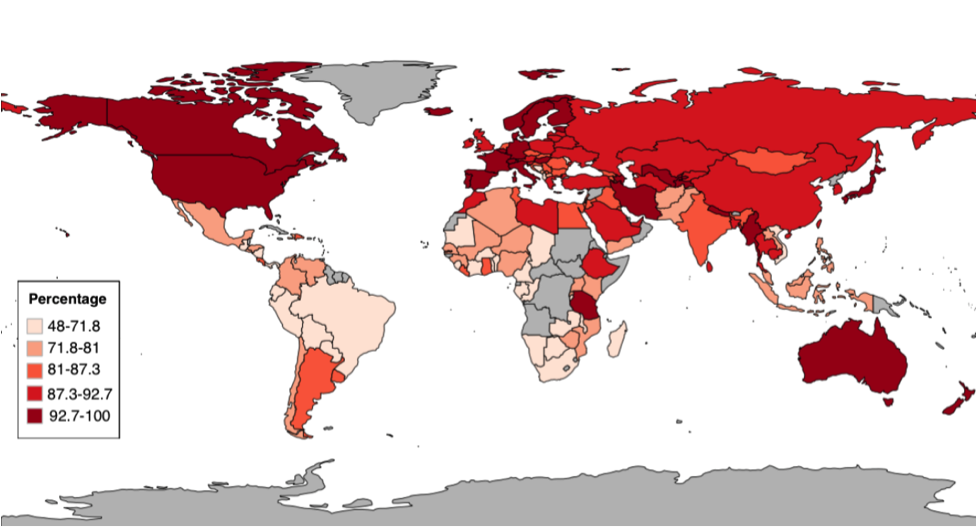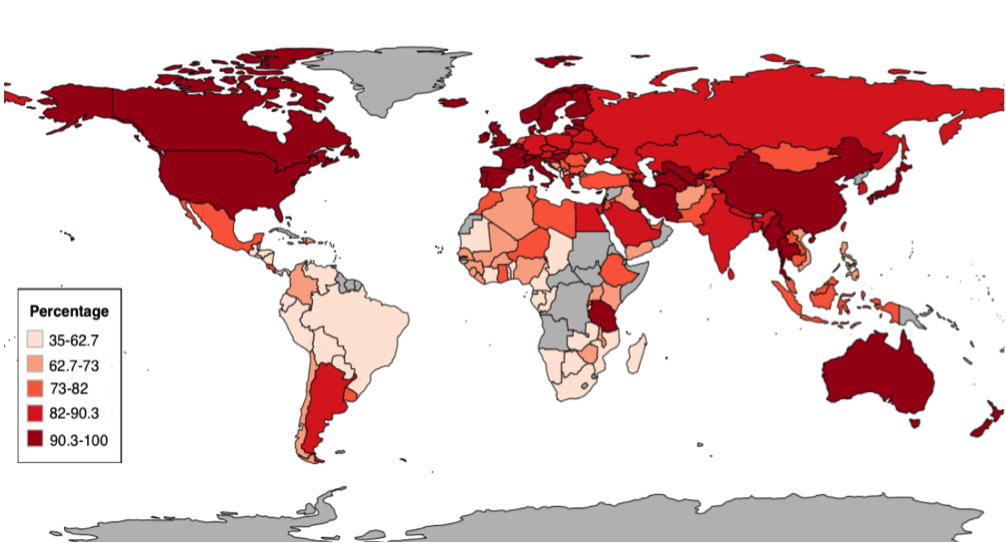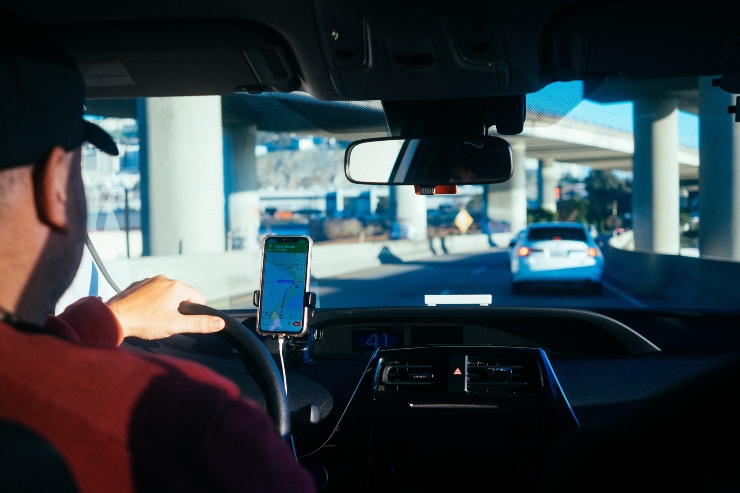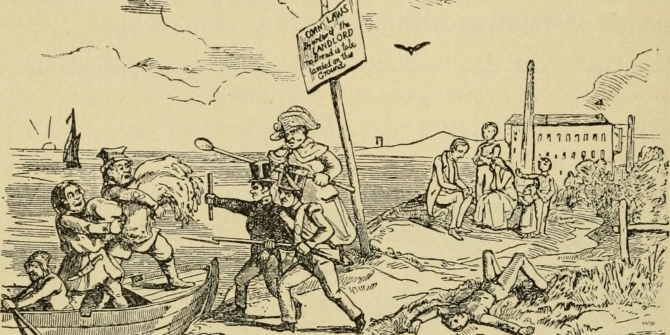
Covid-19 will change everything. One effect, it has been argued, will be to reverse the secular trend of challenging the value of scientific expertise. “The coronavirus crisis has put a spotlight on the importance of science in supporting our nation’s wellbeing” (Shepherd, 2020). At the same time, the pandemic has put on display certain leaders’ “longstanding practice of undermining scientific expertise for political purposes” (Friedman and Plumer 2020), conceivably with negative implications for how the public views science and scientists. All of which points to the question posed by Grove (2020), “Will the coronavirus renew public trust in science?”
A further question is whether any change in public opinion will mainly affect the views of the scientific endeavour or individual scientists. Does any positive or negative reassessment of the importance and validity of science apply to both the undertaking and those engaged in it? Or does the public continue to have confidence in science as a potential source of a vaccine while dismissing individual scientists who warn that the time needed to develop that vaccine may be lengthy?
Impressionable years
We analyse this issue using the 2018 Wellcome Global Monitor (WGM), which includes responses to questions about confidence in science and scientists from more than 70,000 individuals in 160 countries. The responses of interest are to questions asked of all WGM respondents: “In general, would you say you trust science a lot, some, not much or not at all?” and “How much do you trust scientists” to do their work honestly, with the intention of benefiting the public? The geographical dispersion of the responses is in Figure 1.
We use data on all global epidemics since 1970 to identify respondents who experienced an epidemic outbreak in their country of residence during their formative years, the stage of the life course when value systems and opinions are durably formed. Krosnick and Alwin (1989) formalise this as the “impressionable years hypothesis,” that core attitudes, beliefs, and values crystallise between the ages of 18 and 25. Spear (2000) links this to the literature in neurology describing neurochemical and anatomical differences between the adolescent and adult brain. Giuliano and Spilimbergo (2013) show, for example, that experiencing a recession between the ages of 18 and 25 has a powerful impact on political preferences and beliefs about the economy that persists over the life cycle.
Figure 1. Share of respondents who trust science and scientists
Panel A. Share of respondents who trust science a lot or some

Panel B. Share of respondents who trust scientists a lot or some

Source: Aksoy, Eichengreen, and Saka (2020). Notes: Countries are grouped in quintiles. Source: Wellcome Global Monitor, 2018.
Methods
To assess the effect of past exposure to an epidemic on an individual’s trust in science and scientists, we estimate models where the dependent variable is a dummy variable indicating whether or not the respondent has confidence in science or scientists.
To operationalise our treatment variable (Exposure to epidemic, 18-25) in the paper, we calculate for each individual the number of people affected by an epidemic as a share of the population, averaged over the 8 years when the individual was in his or her formative years (18-25 years old), consistent with the “impressionable years hypothesis.” In addition, we control for observable individual characteristics (age, gender, educational attainment, marital status, religion, and urban/rural residence), labour market outcomes, and within-country income deciles), country, year and age fixed effects, and country-specific age trends.
Scientists, not science
We find that formative-year epidemic exposure has a consistently negative and significant effect for: whether the respondent has confidence in scientists; believes that scientists working for private companies benefit the public; believes that scientists working for private companies are honest; and believes that scientists working for universities are honest. An individual with the highest exposure to epidemics (0.032, that is, the number of people affected by an epidemic as a share of the population in the individual’s formative years) relative to individuals with no exposure has on average 11 percentage points (-3.454*0.032) less confidence in the honesty of scientists.
In contrast, when the dependent variable concerns science as an undertaking or endeavour (“Do you have confidence in science? Will science and technology help to improve life? Is studying diseases a part of science?”), the coefficients in question are instead positive, but do not differ significantly from zero. Evidently, individuals who experience epidemics at first hand retain confidence in the positive potential of science as an endeavour. They continue to believe in the importance of disease-related scientific research. But they are less confident about the trustworthiness and public-spiritedness of the individuals involved in scientific endeavours.
Given that previous work points to science education as shaping views of science and scientists, we also estimate our main specification for two subsamples: respondents who learned about science at most at the primary school level, versus respondents who learned about science at least at the secondary school level. The results suggest that our findings are driven by the sample of individuals with little or no science education. It seems that science education is at least partly able to offset the adverse impact of epidemic experience on individuals’ trust in scientists.
Additional results
We examined a number of sensitivity analyses to verify the robustness of the results. Placebo tests address the possibility that what we are picking up is not the impact on the perceived trustworthiness and public-spiritedness of scientists engaged in health-related research specifically but the impact on perceptions of individuals engaged in tasks related to healthcare and health outcomes more generally. In contrast to its significant negative impact on confidence in scientists, the results indicate no significant impact on confidence in doctors and nurses, in hospitals and health clinics, in NGO workers, or in traditional healers.
We also confirmed the persistence of the impact of epidemic exposure as individuals age over time. Despite the fact that the confidence intervals around our estimates widen in smaller subsamples of rolling age windows, we confirm that epidemic exposure between the ages of 18 and 25 continues to significantly influence public perceptions of scientists’ trustworthiness and public-spiritedness even as the respondents age over time.
Lastly, the effect is insignificant when individuals are exposed to epidemics in any period other than when they are between 18 and 25 years old. These results are strongly consistent with the formative-years hypothesis, implying that the current generation experiencing Covid-19 in their formative years may end up distrusting scientists for a long period of their lives.
Implications
Covid-19 promises to reshape every aspect of society, not excluding how science is perceived. But it is not clear whether the authority of science and scientists will be enhanced or diminished, or whether such changes will affect mainly science as an endeavour or scientists as individuals.
If past epidemics are a guide, however, the virus will not have an impact on the regard in which science as an undertaking is held. But it will reduce confidence in individual scientists, worsen perceptions of their honesty, and weaken the belief that their activities benefit the public. The strongest impact is likely to be felt by individuals in their “impressionable years” whose beliefs are in the process of being durably formed.
Responding to these trends will not be straightforward. At a minimum, our findings suggest that scientists working on public health matters and others concerned with scientific communication should think harder about how to communicate trustworthiness and honesty and, specifically, about how the generation currently in their impressionable years (“Generation Z”) perceives such attributes. In addition, our results suggest that scientific education will help.
♣♣♣
Notes:
- This blog post is based on Revenge of the Experts: Will COVID-19 Renew or Diminish Public Trust in Science?, DP 96, Systemic Risk Centre.
- The post expresses the views of its author(s), not the position of LSE Business Review or the London School of Economics.
- Featured image: St. Louis Red Cross Motor Corps on duty during influenza epidemic (1918). Original from Library of Congress. Via rawpixel, public domain.
- When you leave a comment, you’re agreeing to our Comment Policy
 Cevat Giray Aksoy is a principal economist in the office of the chief economist at the European Bank for Reconstruction and Development in London, and a research associate at IZA Institute of Labor Economics and at LSE’s Institute of Global Affairs. His main research interests are inequalities in the labour market, female labour supply and economics of fertility. He tweets at @cevatgirayaksoy.
Cevat Giray Aksoy is a principal economist in the office of the chief economist at the European Bank for Reconstruction and Development in London, and a research associate at IZA Institute of Labor Economics and at LSE’s Institute of Global Affairs. His main research interests are inequalities in the labour market, female labour supply and economics of fertility. He tweets at @cevatgirayaksoy.
 Barry Eichengreen is the George C. Pardee and Helen N. Pardee professor of economics and professor of political science at the University of California, Berkeley, where he has taught since 1987. He is a CEPR research fellow, NBER research associate, fellow of the American Academy of Arts and Sciences, and the convener of the Bellagio Group of academics and economic officials. He tweets @B_Eichengreen.
Barry Eichengreen is the George C. Pardee and Helen N. Pardee professor of economics and professor of political science at the University of California, Berkeley, where he has taught since 1987. He is a CEPR research fellow, NBER research associate, fellow of the American Academy of Arts and Sciences, and the convener of the Bellagio Group of academics and economic officials. He tweets @B_Eichengreen.
 Orkun Saka is an assistant professor of finance at the University of Sussex, a visiting fellow at the LSE, and a research associate at the Systemic Risk Centre. His main research interests are in financial intermediation, international finance and political economy. He tweets @_OrkunSaka.
Orkun Saka is an assistant professor of finance at the University of Sussex, a visiting fellow at the LSE, and a research associate at the Systemic Risk Centre. His main research interests are in financial intermediation, international finance and political economy. He tweets @_OrkunSaka.





